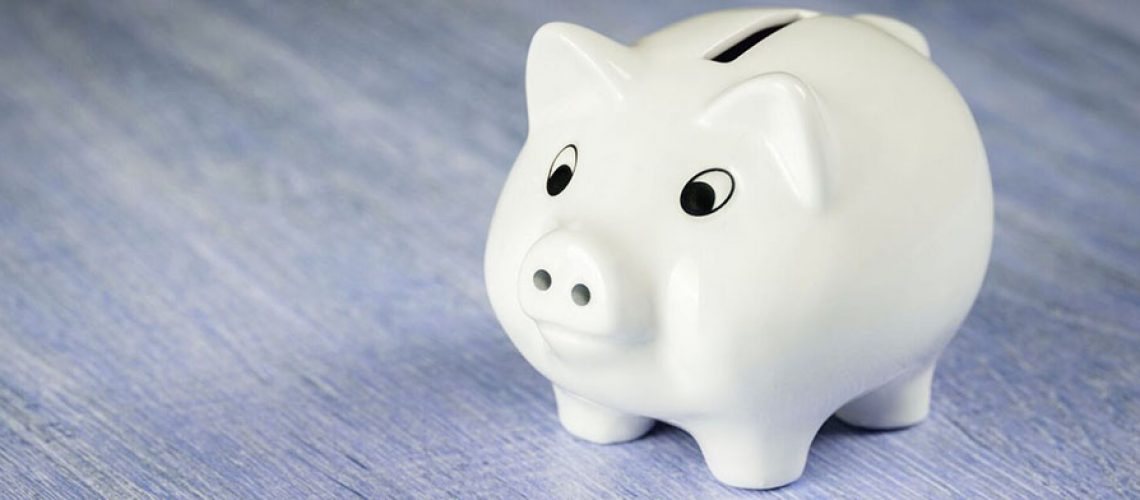Whatever it is that you’re saving for, there’s no question that developing strong money-management skills will give you a distinct advantage. Becoming better at managing and monitoring your income, expenses and savings will help you reach your target faster.
BUDGETING is often followed by “I can’t be bothered”… but let’s learn to embrace this term because it has huge advantages for you when saving for a deposit. Budgeting is an amazing tool that reveals your spending habits and gives you clarity on your true financial situation. Regular budgeting will help you develop analytical skills and good financial habits that will flow through into saving faster and paying off your mortgage earlier.
Let’s practice – Make a list of all your expenses for the year by tracking down all your bank statements and other records of expenses you and your family have incurred.
Living Expenses:
- Mortgage / rent payments
- Building / contents insurance
- Council rates
- Water rates
- Food, housekeeping and appliances
- Insurance – car, health etc
- Utilities – electricity, gas, phone and internet
- Education
- Dependents – child care, school, maintenance etc
- Transport
- Personal care, clothing and accessories
- Entertainment, gifts and hobbies Other Outgoings:
- Personal / car loan repayments
- Other debt repayments
- Holiday
- Big ticket items
- Donations
You can use a spreadsheet to help you here. Total all these expenses and subtract it against the total income earned for the year. A word of warning – the results may shock you. If you have a surplus, great! Make sure you can locate these funds to be sure you haven’t missed anything. If you have a deficit, it simply means that in the past year you have spent more than what you earned. The deficit is likely to be sitting in a credit card or other loan.
Whether you are already a good saver or have always struggled to save, this is now a great opportunity for you to scrutinise each and every expense in the last year to see what you can save on, cut-back or do without. After all, a dollar saved is a dollar earned.
Lookout for things like:
- Utility bills – maybe it’s time to switch
- Expensive phone and internet plans – maybe it’s time to switch
- Overlapping insurance and extras you don’t need
- Memberships and subscriptions – gym, TV plans, magazines etc
- How often do you eat out for lunch and dinner?
As you get better at budgeting, you can do this exercise on a more regular basis – quarterly or monthly. There are also some great mobile apps to help you budget and keep track of your spending. It can be hugely satisfying to regain control of your expenses and watch your piggy-bank grow. No matter what your income is or whether you can save $100 or $1000 per month, learning to be good money managers is key to achieving your financial goals.
Talk to us today. We will assess your financial situation, discuss your next purchase and determine your budgeting and savings requirements.
For more information contact Your Future First on 03 9362 1458 or email andy@yourfuturefirst.com.au

